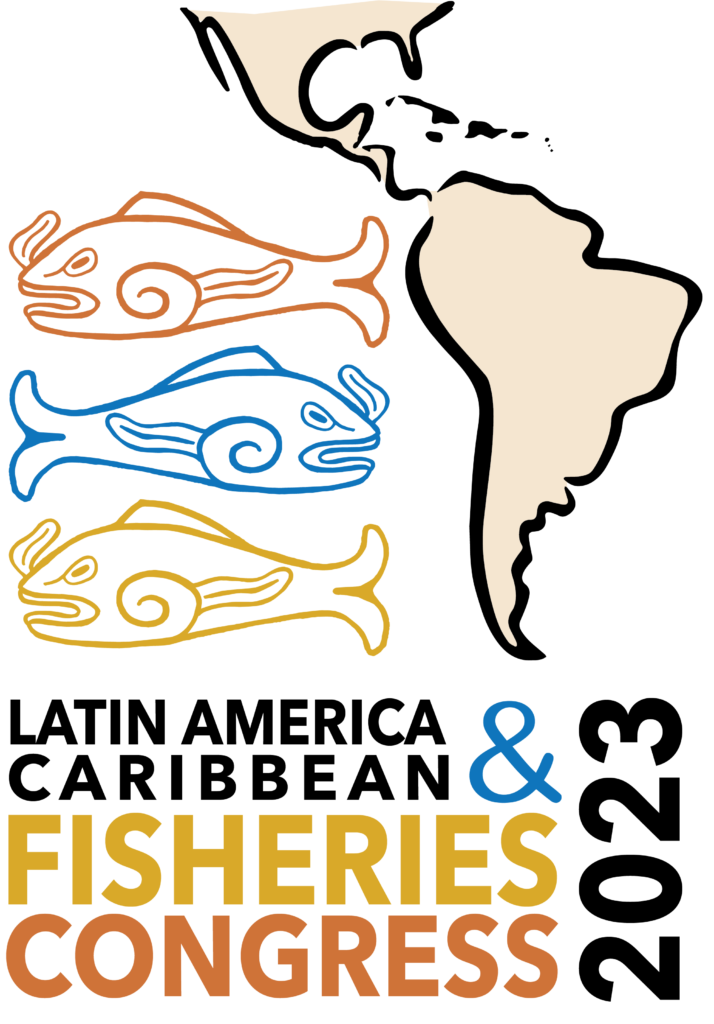Biological collections correspond to an invaluable inventory of biological biodiversity since they compile the natural heritage of a country or region and its temporal variation. Considering the growing global threats derived from human activity especially exacerbated during the current Anthropocene period, biological collections represent an excellent tool for studying their effects and consequences on biodiversity conservation. The current process of defaunation has affected both aquatic and terrestrial environments, however, in recent years we have been able to show that this decline in aquatic environments has been more severe. This is evident in the greater number of threatened species, or that are in some category of risk. Coordination between academia, society, and government is necessary, which allows developing actions to reduce the loss of diversity in freshwater environments where collections can play a central role in this coordination.
Organized by:
- Patricia Ornelas, patricia.ornelas.g@ib.unam.mx

